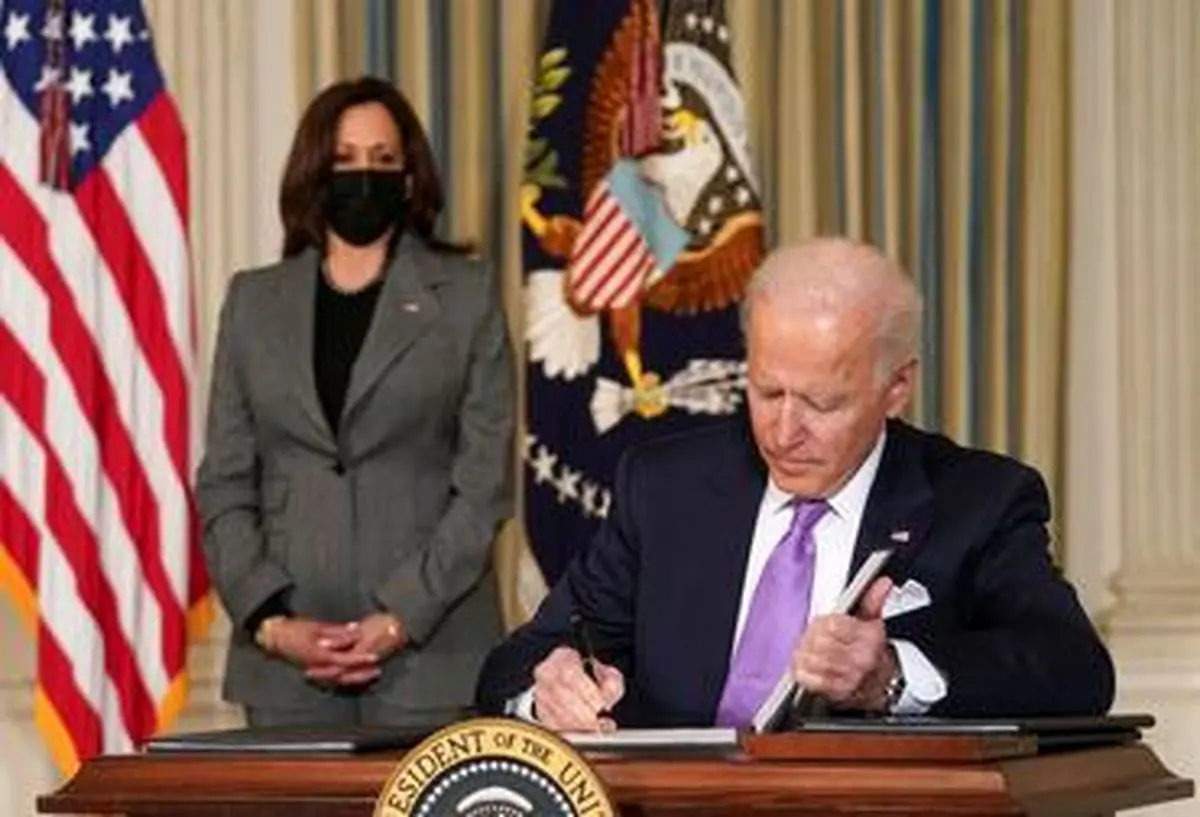Biden’s uphill battle to save the Iran nuclear deal; Washington post

There’s probably no country in the world outside the United States that was more affected by the November election than Iran. President Biden’s victory and entry into the White House was expected to mark a major shift in U.S. strategy toward the regime in Tehran.
After weathering the Trump administration’s “maximum pressure” campaign and rounds of asphyxiating sanctions, Iranian officials hoped for a change in the geopolitical winds and some economic relief.
Biden and his allies say they want to undo the diplomatic harm caused by former president Donald Trump’s unilateral reimposition of sanctions on Iran, which happened over the objections of European partners. Along with rejoining the Paris climate accords, salvaging the 2015 Iran nuclear deal that Trump abrogated would demonstrate the Biden administration’s commitment to multilateral diplomacy with long-standing allies. The Biden camp also believes that Trump’s hardline tactics failed to achieve their stated goal of curbing Iran’s malign activities abroad, driving it closer to amassing a sufficient stockpile of enriched uranium that could be used for a nuclear weapon than it was before Trump took office.
But a return to the status quo that existed before the Trump presidency looks tricky. While Biden is committed to re-engagement with Iran, his aides have yet to indicate clearly when and how, suggesting that the ball is in Iran’s court. At his confirmation hearing last week, Secretary of State Antony Blinken said the United States would wait until it was convinced that Tehran was scaling back its revived enrichment operations and returning once more to compliance with the pact.
“We are a long way from there,” said Blinken. “We would then have to evaluate whether they were actually making good if they say they are coming back into compliance with their obligations, and then we would take it from there.”
The Iranians want to see the Americans take the first major step. “The administration should begin by unconditionally removing, with full effect, all sanctions imposed, reimposed, or relabeled since Trump took office,” wrote Iranian foreign minister Javad Zarif in a Foreign Affairs op-ed last week. “In turn, Iran would reverse all the remedial measures it has taken in the wake of Trump’s withdrawal from the nuclear deal.”
Zarif added that a “return to the table will be jeopardized” if Washington and its European partners insist on linking a portfolio of other concerns — including Iran’s ballistic missile program and ongoing support for proxy militias elsewhere in the Middle East — to the resumption of talks around the nuclear deal.
As the Trump administration fired off a final salvo of punitive actions against Tehran, Iran responded by stepping up enrichment of uranium at five times the rate permitted under the nuclear deal. In November, Iranian parliament passed a law that would restrict U.N. inspectors’ access to key nuclear facilities in the absence of sanctions relief; it may get implemented as early next month.
“It is clear that we don’t have many months ahead of us,” Rafael Gross, head of the International Atomic Energy Agency, the U.N.'s nuclear watchdog, told Reuters earlier this month, warning that time was running out for diplomacy to get back on course. “We have weeks.”
This standoff between Biden and Zarif’s boss, Iranian President Hassan Rouhani, is made more fraught by domestic pressures within both countries.
Republicans and supporters of the Trump administration’s approach appear to be waiting to make political hay of any perceived concession to Iran and have already started smearing Biden appointees as soft on Tehran.
They are joined by officials from Iran’s regional adversaries — Israel and the Persian Gulf monarchies of Saudi Arabia and the United Arab Emirates — who say that Biden should build off the perceived leverage achieved by Trump.
END
